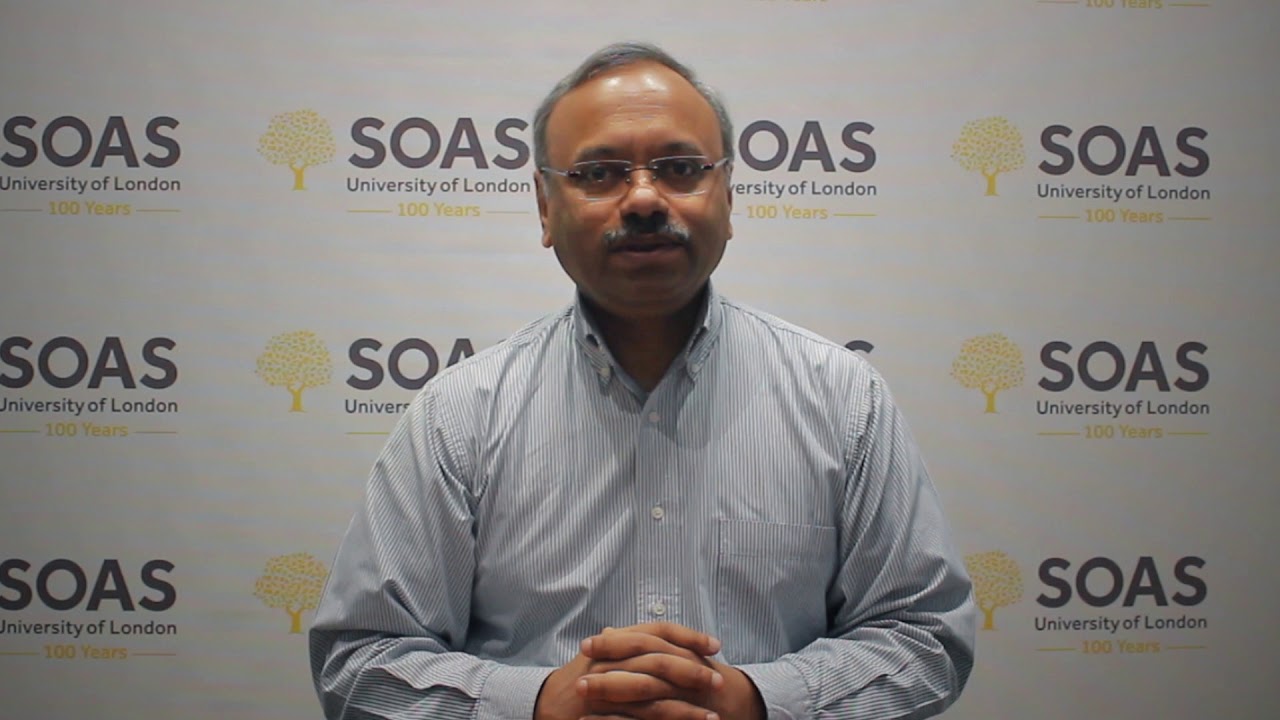ACE: Innovative approaches to anti-corruption


Overview
Existing anti-corruption approaches have often delivered poor results in developing countries by attempting to implement formal rules using ‘vertical’ enforcement policies.
These are enforcement efforts from ‘above such’, as anti-corruption agencies and tax authorities. However, top-down enforcement is only successful when rules are already adhered to by most actors or citizens in their self-interest.
The SOAS Anti-Corruption Evidence Consortium (ACE), a research programme funded by the Foreign, Commonwealth and Development Office, has addressed this challenge by identifying feasible and impactful anti-corruption strategies, by identifying how policies can be designed to induce productive behaviour and self-interested support from peers for rules to be enforced.
In developed countries, enforcement works because most of the work is done by peers – they are likely to stop interacting with rule violators, or report them when they see these violations are damaging to their own interests or productivity.
This rarely happens in developing countries. Rules are violated for many reasons, some being reasonable and others not, making ‘horizontal enforcement’ by peers rare. Developing strategies for ensuring peer-group support for anti-corruption is the fundamental approach behind the SOAS Anti-Corruption Evidence programme.
With its consortium partners, SOAS-ACE has identified up to 30 research projects at sectoral levels for research in Bangladesh, Tanzania and Nigeria. SOAS-ACE also has awarded nine grants that widen its research portfolio to Ghana, Indonesia, Lebanon, Malawi, Pakistan, South Africa, Uganda and Zambia.
ACE’s successful areas of impact have been across sectors and especially in its work in the power, skills and health sectors. The biggest power company in Bangladesh has responded positively to ACE’s research that showed how risk-mitigation in the sector reduced corruption and collusion.
The World Bank found ACE’s evidence compelling and requested a policy brief for engaging government. In ACE’s work on corruption in skills training in Bangladesh, its analysis was validated by training providers and the Foreign, Commonwealth Development Office, which is keen to explore programme design changes based on ACE’s findings which reveal skills programmes to be successful when jointly delivered with investments in increasing productive capabilities of firms.
In Nigeria, despite working on a sensitive issue like absenteeism among frontline workers in primary healthcare, ACE was ACE was able to work directly with frontline healthcare workers to design research that that can identify rules that healthcare workers will work to enforce in their own interest and to improve health outcomes.





